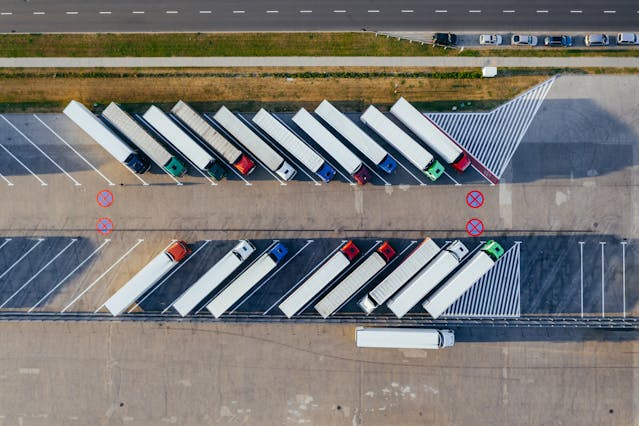The logistics landscape is constantly evolving, and 2024 presents a unique set of challenges and opportunities for businesses worldwide. From geopolitical tensions to climate change, the factors influencing global logistics are diverse and complex. Here’s how companies can navigate these challenges and stay ahead in the competitive market.
1. Adapting to Geopolitical Shifts
Geopolitical instability can disrupt supply chains and create uncertainties in global trade. Tariffs, trade wars, and changing regulations can impact the flow of goods across borders. Logistics companies need to stay informed about geopolitical developments and adapt their strategies accordingly. Diversifying supply sources and establishing robust contingency plans are crucial steps to mitigate risks.
2. Addressing Climate Change and Sustainability
Climate change is a pressing concern that affects every industry, including logistics. Extreme weather events can disrupt transportation routes, while regulatory pressures demand greener operations. Companies must invest in sustainable practices such as using electric vehicles, optimizing delivery routes, and reducing waste. Embracing sustainability not only protects the environment but also meets consumer and regulatory expectations.

3. Managing Supply Chain Disruptions
The COVID-19 pandemic highlighted the vulnerabilities in global supply chains. Companies need to build resilience by diversifying their supply chains, investing in local production, and maintaining safety stock. Real-time visibility and agile response mechanisms are essential to quickly adapt to disruptions and ensure business continuity.
4. Leveraging Technology for Efficiency
Technological advancements continue to drive efficiency in logistics. Automation, artificial intelligence (AI), and the Internet of Things (IoT) enable real-time tracking, predictive maintenance, and route optimization. These technologies not only enhance operational efficiency but also improve customer satisfaction by providing accurate delivery times and transparent tracking.
5. Enhancing Cybersecurity
As logistics operations become increasingly digital, the risk of cyberattacks grows. Protecting sensitive data and ensuring the integrity of digital systems are paramount. Companies must invest in robust cybersecurity measures, including encryption, firewalls, and regular security audits. Employee training on cybersecurity best practices is also crucial to prevent breaches.
6. Improving Last-Mile Delivery
Last-mile delivery remains one of the most challenging aspects of logistics. With the rise of e-commerce, customers expect fast and reliable deliveries. Companies are exploring innovative solutions such as drone deliveries, autonomous vehicles, and local fulfillment centers to meet these expectations. Optimizing last-mile delivery not only improves customer satisfaction but also reduces costs.
7. Fostering Collaboration and Partnerships
Collaboration is key to overcoming logistics challenges. Building strong relationships with suppliers, partners, and customers can enhance efficiency and innovation. Sharing data and resources through collaborative platforms can lead to better decision-making and streamlined operations. Strategic partnerships can also provide access to new markets and technologies.
The Road Ahead
Navigating the complexities of global logistics requires a proactive and adaptive approach. By addressing geopolitical risks, embracing sustainability, leveraging technology, and enhancing cybersecurity, companies can build resilient and efficient supply chains. The ability to innovate and collaborate will be crucial in staying competitive in the dynamic logistics landscape of 2024.

Leave a reply